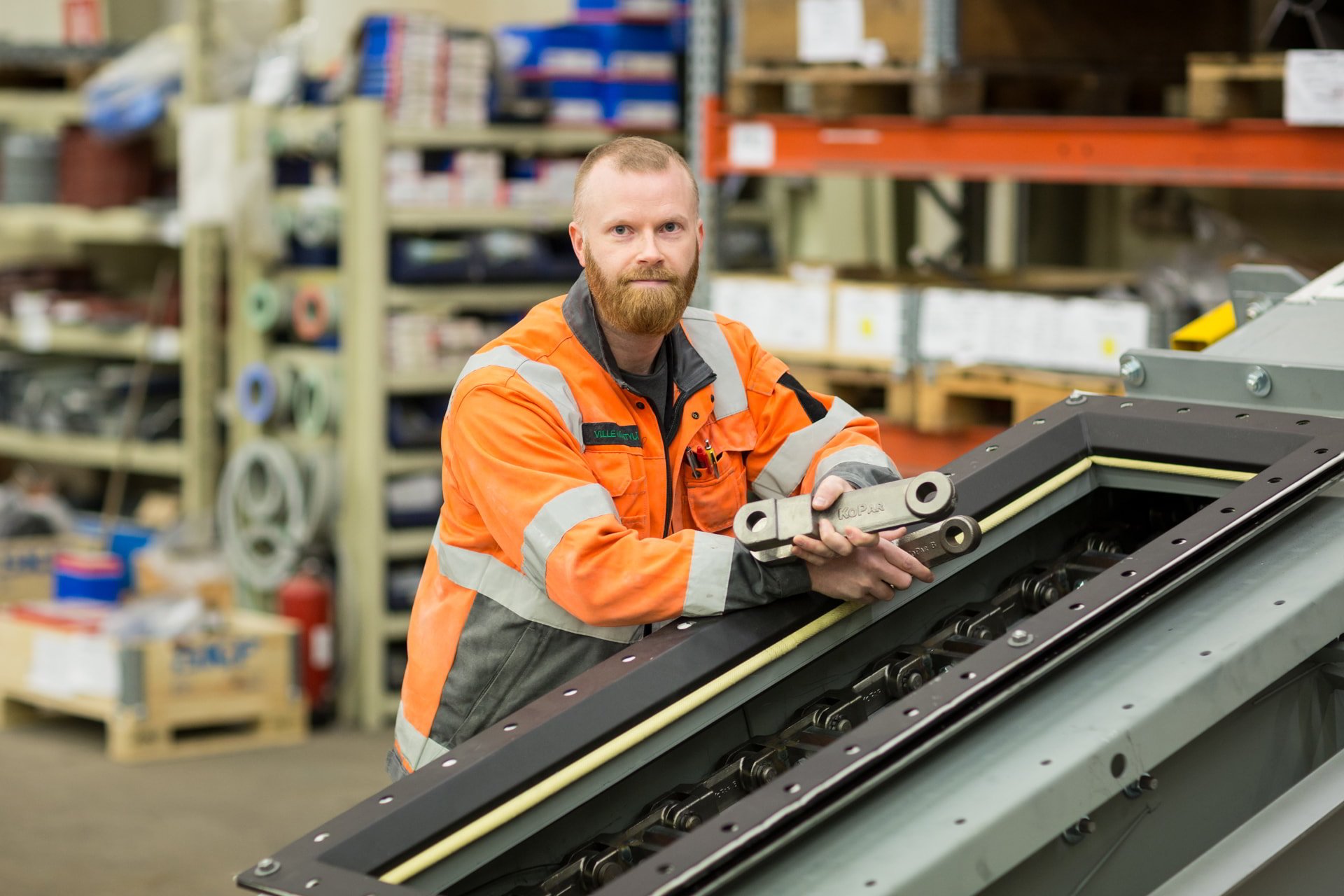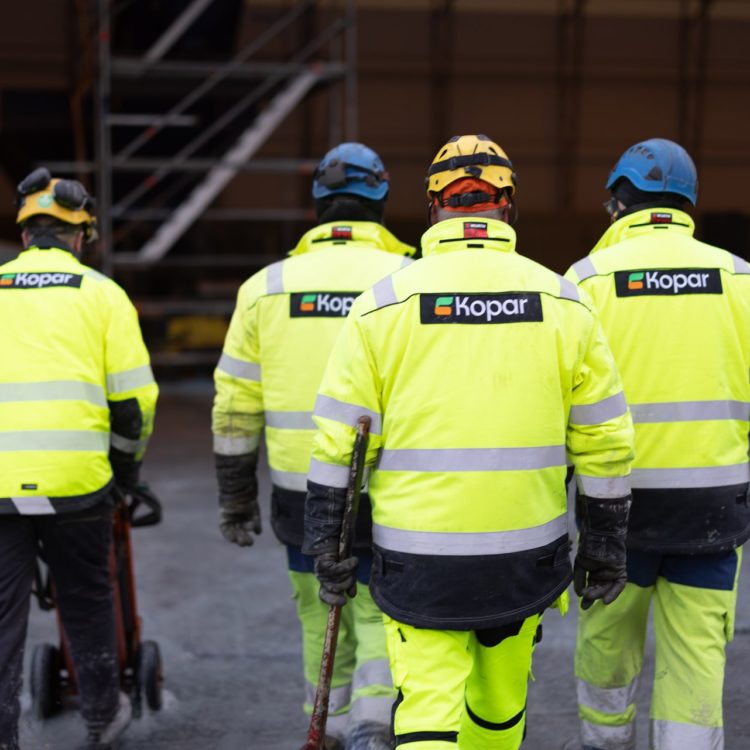Integrating a waste heat boiler into industrial processes is a crucial step towards improving energy efficiency. By capturing excess heat generated during production, these systems can convert it into usable power, significantly reducing energy costs and environmental impact. This approach not only enhances operational efficiency but also aligns with sustainable practices. Companies like Kopar, which focus on optimizing industrial processes, can greatly benefit from implementing such energy recovery systems, ensuring both operational and ecological advantages.
What is a waste heat boiler and how does it work?
A waste heat boiler is a device that recovers heat from hot streams of waste gases generated in industrial processes. It functions by capturing and repurposing this excess heat to produce steam or hot water, which can be used for power generation or process heating. This system comprises heat exchangers where the waste heat is transferred to the working fluid, typically water, converting it into steam. By doing so, it significantly contributes to energy efficiency by utilizing heat that would otherwise be lost, thus optimizing resource use.
Why is energy recovery important in industrial settings?
Energy recovery is vital in industrial settings due to its numerous benefits. Firstly, it leads to substantial cost savings by reducing the need for additional energy input, thus lowering operational costs. Secondly, it minimizes the environmental impact by cutting down emissions associated with energy production. Additionally, energy recovery enhances operational efficiency by maintaining consistent energy supply and reducing dependency on external energy sources. These benefits align with Kopar's commitment to sustainable industrial practices.
How does a waste heat boiler enhance energy efficiency?
Waste heat boilers enhance energy efficiency by converting lost heat into usable energy, such as electricity or additional steam. By harnessing otherwise wasted thermal energy, they reduce the overall energy consumption of industrial facilities. This not only lowers energy costs but also reduces the environmental impact of industrial operations. The implementation of waste heat boilers can significantly decrease the reliance on fossil fuels, aligning industrial practices with sustainable energy goals.
What are the different types of waste heat boilers?
There are various types of waste heat boilers, each suited to specific industrial applications:
- Fire-tube boilers: These have hot gases passing through tubes surrounded by water. They are often used in low to medium pressure applications.
- Water-tube boilers: These involve water circulating through tubes heated externally by waste gases. They are suitable for high-pressure applications.
- Specialized designs: Tailored for specific processes, such as those in flash smelting, where they recover heat from high-temperature off-gas.
Each type is selected based on the specific heat recovery requirements and operational conditions of the industrial process.
What factors should be considered when implementing a waste heat boiler?
When implementing a waste heat boiler, several factors must be considered:
- Installation costs: Initial investment and installation costs need to be evaluated against the potential energy savings.
- Compatibility: The boiler must integrate seamlessly with existing systems to ensure smooth operations.
- Maintenance requirements: Regular maintenance is essential to ensure efficiency and longevity of the system.
- Expected ROI: Analyse the return on investment based on energy savings and operational improvements.
These considerations help in making informed decisions that align with both economic and environmental objectives.
The future of energy recovery in industrial processes
The integration of waste heat boilers into industrial processes is poised to become increasingly critical as industries strive for greater sustainability and efficiency. Key takeaways include the importance of energy recovery for cost savings and environmental benefits, the role of waste heat boilers in enhancing efficiency, and the need to consider various factors when implementing these systems. As industries continue to advance technologically, the adoption of such energy recovery systems will play a pivotal role in achieving sustainable operations. Companies like Kopar are leading the way by aligning their processes with these advancements, ensuring a green transition for their operations.

You have a challenge that needs solving?
Let us help! Contact us for more information about our products and services.
